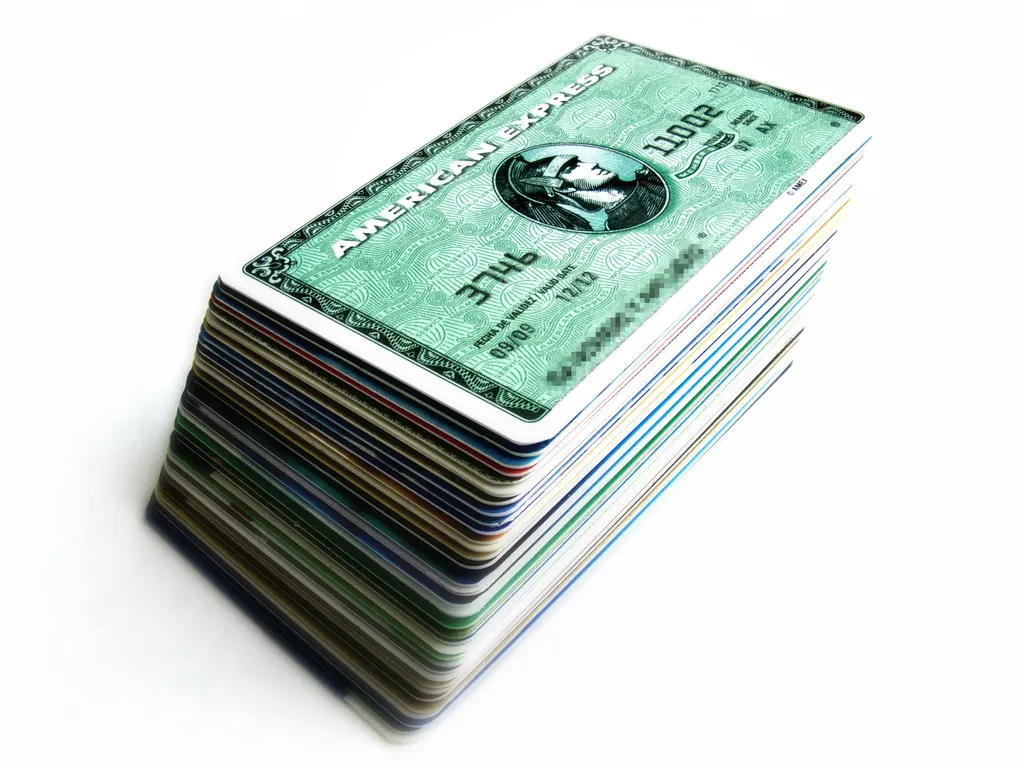The Rule That Wasn't: Navigating Medical Debt After a Federal Flop
This year, the saga of medical debt on our credit reports has been a wild ride. A promising federal rule was struck down, leaving millions to wonder: Do medical bills affect your credit? The answer is yes, and for many, the system is fundamentally broken.
At Fixurowncredit.com, we believe knowledge is one of the foundations to a strong credit score. Here is a look at what happened to the federal ban, what it means for your finances, and how you can still protect your medical collections from tanking your score.
The Federal Flop and Why It Matters for Your Medical Bills and Credit Score
In January 2025, the Consumer Financial Protection Bureau (CFPB) finalized a bold rule: to ban all medical debt from credit reports used by lenders. The research was clear; medical bills are a poor indicator of a person's ability to repay a loan and unfairly denied thousands of people access to essential credit, like mortgages.
However, this victory was short-lived. Just a few months later, in July of 2025, a federal judge vacated the rule, siding with credit industry groups who argued the CFPB overstepped its authority.
The harsh reality remains: unpaid medical bills can still tank your credit score, making it harder to get loans, rent an apartment, or even secure a job. For the majority of Americans, the question, "Do medical bills affect your credit?" is answered with a definitive and frustrating "Yes."
Understanding the "Payment Paradox" of Medical Collections
Medical debt works differently than other types of debt, and this is where many people fall into a trap, A.K.A., the Payment Paradox.
The Trigger: A medical bill generally won't appear on your credit report until it's been sent to a third-party collector and the amount is over $500. This process takes about a year, which is a longer grace period than other debts.
The Damage: Once these medical collections appear, they stay for seven years and can drop your medical bills and credit score by 50 to 100+ points.
The Paradox: Simply paying off the collection doesn't erase the negative mark. The entry will merely be updated to show a "paid" status. While newer scoring models downplay paid collections, the mark remains and can still negatively affect your score. This is why countless people have shared stories of their scores dropping even after paying off a bill.
5 Tips to Protect Your Credit Score
Even with the federal ban gone, you're not powerless. Here are five top tips to help you navigate the system and fight those dreaded medical collections:
- Negotiate & Apply for Aid ASAP: Hospitals are legally required to offer financial assistance or charity care before sending a bill to collections. Call the billing department and ask for a discount; many people have had bills wiped out entirely with this strategy.
- Check & Dispute Errors Weekly: Medical bills are notorious for errors. Grab your credit reports and look for inaccuracies (you can access your credit reports through MyScore IQ and receive a 7-day trial for $1 by clicking here). One in five reports has a mistake. If you find one, dispute it immediately. This simple step can boost your medical bills and credit score by 20 to 100 points.
- Pay Strategically: Avoid putting a large medical bill on a high-interest credit card. Instead, try to set up a no-interest payment plan directly with the hospital. This keeps the medical debt off your credit report.
- Build a Buffer: Insurance + HSAs: A solid insurance plan is your best defense against unexpected bills. Consider a Health Savings Account (HSA) for tax-free medical payments.
- Monitor for Collections Early: Keep a close eye on your credit report. The earlier you spot a medical collection entry, the more time you have to act before it does serious damage. Remember, acting before the 180-day reporting period is key.
The fight for a fair medical billing system is far from over, but being proactive and informed is your best defense against having your medical bills affect your credit.
Stop Letting Medical Collections Ruin Your Credit Score!
You don't need to pay an expensive credit repair company to deal with inaccurate medical debt on your report! Our powerful, easy-to-use DIY credit repair software system gives you the tools and step-by-step guides you need to dispute medical collections and remove errors on your own, saving you hundreds!
Click here or go to www.fixurowncredit.com to get started and Fix Your Own Credit today!



